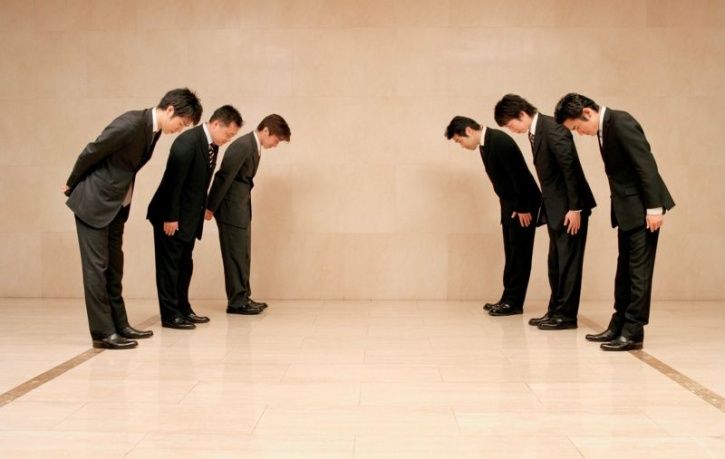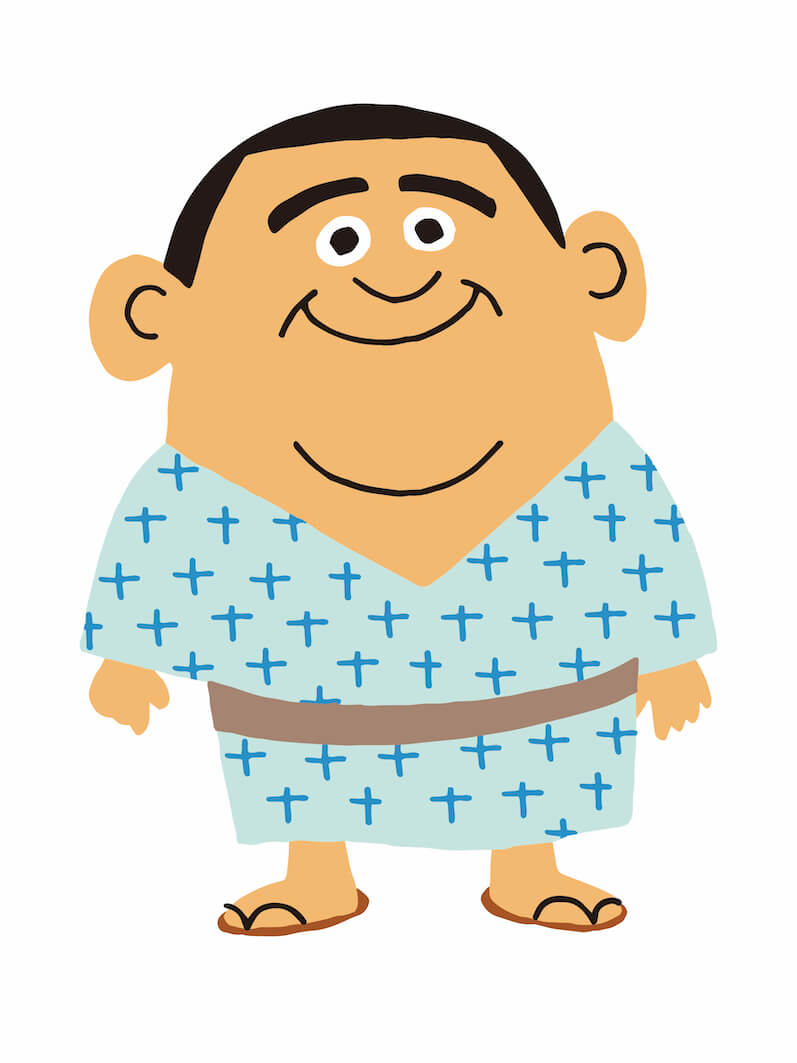3 things to understand Japanese🇯🇵
by taro
Posted on 2020-10-27

Japan has its rich culture and uniqueness that people from all over the world could enjoy.
There are popular Martial arts such as Karate, Judo, Kendo etc., good food like Sushi, Ramen, Takoyaki etc., good cars and more! , but there are more stuff that we may appreciate that are under the surface yet to be discovered. So I want to share 3 things that I think they are pretty unique to the rest of the world. (maybe I will update to share more things later..)
- Unspoken communications in Politeness
- Cleanliness and participation in the society by serving one another
- Punctual as possible
1. Unspoken communications in Politeness

You may have seen how Japanese people greet to one another "Bowing". This simple gesture tells many things to the other such as [Respect], [Trust], [Admiration], [feelings of one to the other] and more which Japanese people could understand through the greetings. They are simply trained to "read" others' feelings without words. Many people from different country observe it as "Shy" or "Introvert" or "Not open". While some occasions those are true statements, but a lot of times that is not the case where Japanese people start listening/sensing the person which means only listening to your words but at the same time sensing your feelings. So when you see them they are quite not talking a lot, it's because they do not need to (at least between themselves). Of course with other people from different countries and different cultures, we may need to speak up in order to convey your thoughts to the other, but trying to sense what this person is really up to or "common sense" as human is very important for communication / understanding others.
2. Cleanliness and participation in the society by serving one another

In Japanese school, the students are responsible for cleaning where they use as well as serving their own lunch.
Normally, there is a system where they take turn and in charge of certain task called "Tohban" for both serving lunch and cleaning.
Every day or week, they take turn and help each other. By doing this, not only those kids have chance to experience those tasks but also learn how it is and respect one another's contributions. Because they clean their own places, they are more careful not to make a mess. and because they serve their own food, it tastes much better with appreciation towards food that they eat.
This is how they develop the custom to respect one another as well as things around them, food that they eat.
With the respect and understanding, they hold gratitude and appreciation.
This custom is true in almost all school throughout Japan starting Elementary school to Junior High School of 6 years.
Because it becomes custom to them, those kids tend to help their parents cleaning as well as serving food without any problems as natural process in daily life.
3. Punctuality and Manner

It's very common for Japanese people to be on time. This is something they are trained to be. "One Must Follow the rules" and as long as you are following the rules, there's no problems and freedom in Japan. Those rules consist of common sense so nothing hard for them. It's more of kind reminder since we all forget things. When you have a chance to go to Japan, you will see trains come 99% on time if any reason they are late, they make sure to update the arriving time to let everyone know with reason why. No non sense excuses.
As you may have seen old Japanese movie or Samurais who take their own lives by stubbing with the swords when they commit crime. Of course there are NO such things anymore today, but the idea is that they take responsibility seriously that hurting other's feeling is a big deal. So they do the best they can do for the best result. Not only that, there's a common practice called "Kaizen" or continual improvement which leads to perfection.
They are so humble that they don't speak up too much that often unseen or unheard of, yet there might be something we all can be inspired for better lifestyle.
What do you guys think? Please share your thoughts in comments below!
Banzaaai 🙌
3

mari 4
2020-11-01 Thanks for your post! I find it fascinating to think about the particular elements that make a culture unique and the traits we inherit, chose to cultivate (or reject) from culture. I'm also thinking of people who grow up in cultures where violence is normalized and the kind of resilience and strength it takes to deviate from the norm, to be different, in making a commitment to peace, for example. You highlight positive traits of the particular culture you grew up in, which is important to not just recognize but treasure and share, for sure! I'm impressed and love that kids serve each other and clean their schools, for example, learning respect, cleanliness and care for their surroundings in the process. It would be amazing if something like this were to be implemented in the schools here. As an outsider, I also enjoyed reading about the symbolism in the gesture of bowing, and different ways of communicating in Japanese culture. In martial arts we bow so many times during practice, so the question is how to perform it in a sincere way, as a sign of ultimate respect and gratitude towards our opponent, every single time.taro 1
2020-11-01 Thank you for your comment! How you bow to the other depends on how you "feel" about the person. The deeper you bend your body and head down, the more respect you show. So if that is your Sensei, you may bow deeper than to the teammates for example. For the opponents, you could take small bow like nodding called "Eshaku" in Japanese. There are names for each different type of bow. Maybe I will share that next time :) Communication without words is very common in Japan where you could focus on "sense" more.Wotaku exchange
オタク, ヲタク
otaku, wotaku exchange
- geek
- nerd
- enthusiast
- expert
